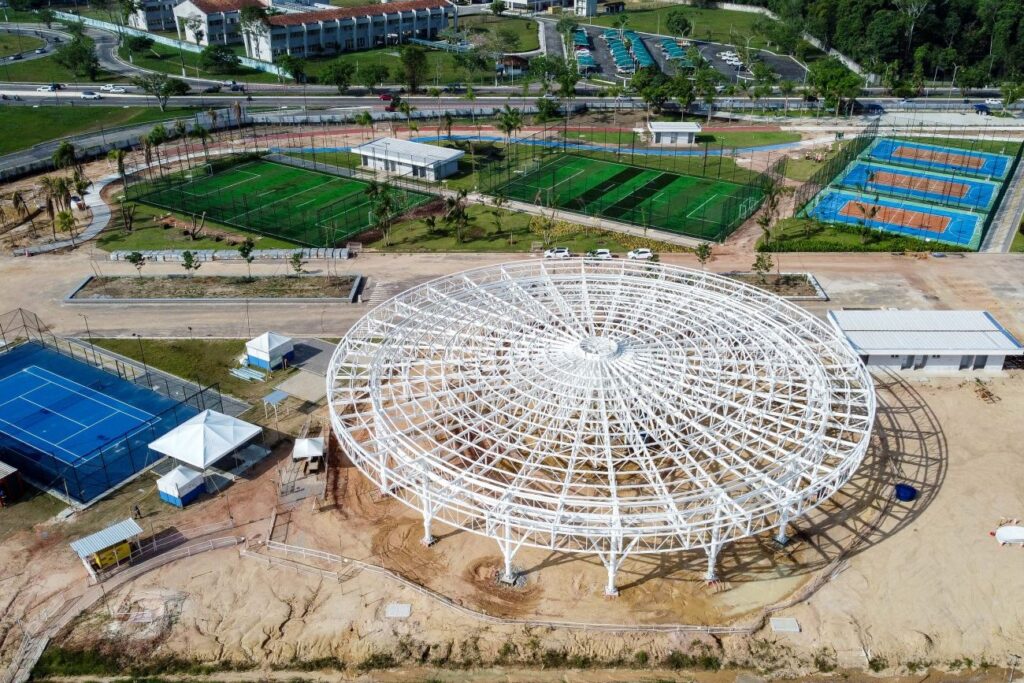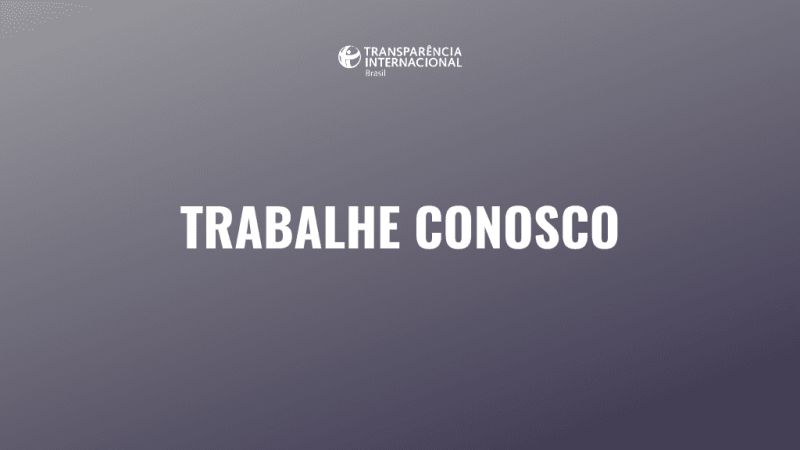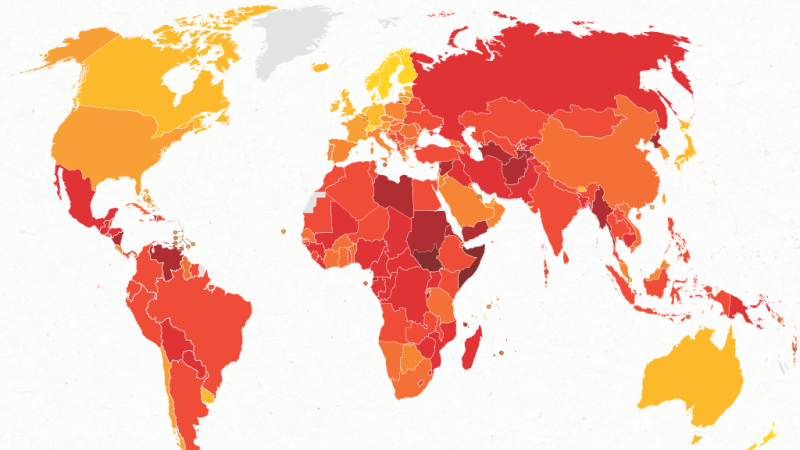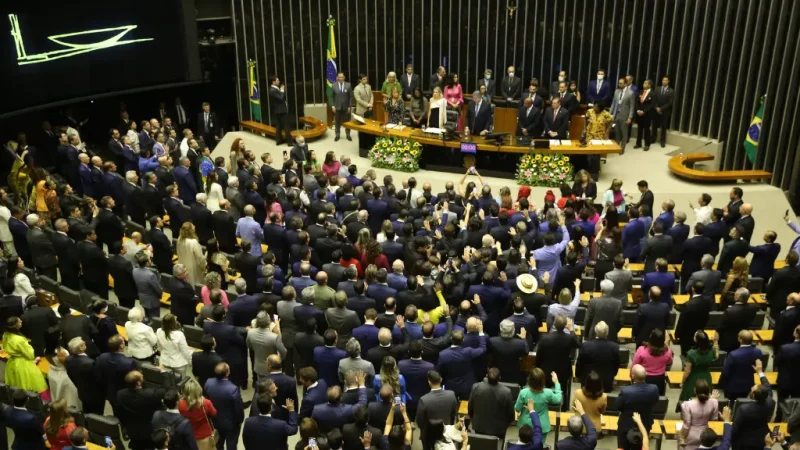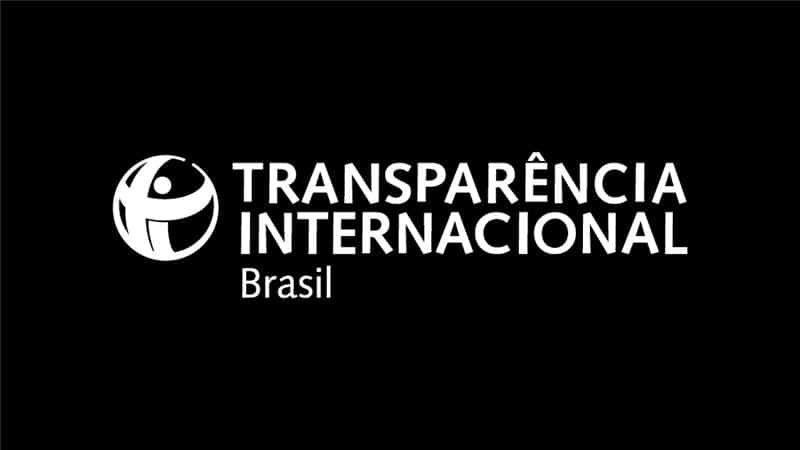An analysis of the availability of information on infrastructure projects for COP30, conducted by the federal government, the State of Pará, and the municipality of Belém, reveals transparency failures regarding data on environmental licenses, contracts, and agreements.
The technical note, prepared by Transparency International Brazil, assessed transparency related to 23 projects totaling R$ 2.8 billion (US$ 519,5 million), funded through the federal budget, BNDES, and Itaipu. Of the 23 projects, 20 are being or were executed by the State of Pará and the Belém City Hall, which are responsible for the bidding and contracting processes.
Among the projects funded with federal resources are the construction of the Doca Linear Park (R$ 365.8 million/ US$ 67,872,000) and the expansion of Rua da Marinha (R$ 248.5 million/ US$ 46,104,000). Other highlights, through agreements between the federal government and the Organization of Ibero-American States (OEI), include two contracts for the assembly of temporary structures for the COP30 Blue and Green Zones (totaling R$ 250 million/ US$ 46,378,000).
Absence of information
The analysis reveals that neither the federal government, nor the State of Pará, nor the municipality of Belém publish complete information on the environmental licenses issued for public works. This means there is a lack of data on the licensed activities, such as mitigation and compensation measures for the impacts of the projects, as well as the number, type, issuance date, validity, and status of the licenses. The absence of this information prevents the public from understanding and monitoring the socio-environmental impacts of these projects, which are being implemented to host the main international climate change conference, in the Amazon biome.
Another finding of the study shows that BNDES and Itaipu — the main funders of COP30 projects, financing 21 projects in Belém totaling R$ 2.75 billion (US$ 510,204,000) — do not make available the full content of the agreements signed with the State of Pará and the Belém City Hall, nor the actual amounts disbursed at each stage of the projects. This means it is not possible to track public spending on the projects or access detailed information about the obligations outlined in the agreements.
The analysis also identified that none of the three government levels (federal government, State of Pará, and Belém City Hall) disclose information about public hearings and consultations, highlighting the challenges for public oversight and participation in the planning and implementation of projects for a major event.
They also do not publish open-format databases on all public works they fund and/or execute for COP30, reducing the granularity of available information and preventing analysis of the investments and progress of the projects using automation tools and broad data use, modification, and sharing by society.
Insufficient transparency
“The findings show insufficient transparency and that public participation in the projects for one of the country’s main events was not adequately prioritized by the involved governments. We are particularly concerned about the lack of information on environmental licensing processes, especially considering this is an event aimed at addressing the climate crisis,” says Renato Morgado, Project Manager at Transparency International Brazil.
On the other hand, it was found that all government levels created dedicated transparency pages for COP30, which can be considered a good practice; and they disclose general information that allows the public to understand which projects are being funded, the total amount, and the public entity responsible for execution.
The State of Pará publishes the full content of contracts and bidding documents for most projects, and the Belém City Hall does so for all of them, being the only evaluated entity to do so. The federal government also publishes the full agreements with OEI, including information on contracts, bidding processes, and expenses carried out by the institution.
Recommendations
The study includes recommendations to ensure that COP30 and future large-scale events in Brazil are more transparent, such as publishing data in open formats, full disclosure of agreements and contracts, and transparency regarding environmental licensing and public participation. For future events, Transparency International Brazil proposes the creation of a single portal with centralized and real-time updated information on the physical and budgetary execution of the projects.
“Although there is some effort to provide transparency for COP30 projects, the lack of complete and open format information is a barrier for society, journalists, and even oversight bodies to monitor and ensure the integrity and socio-environmental adequacy of the investments made for the event,” argues Amanda Faria Lima, Coordinator of Integrity and Public Governance at Transparency International Brazil.
